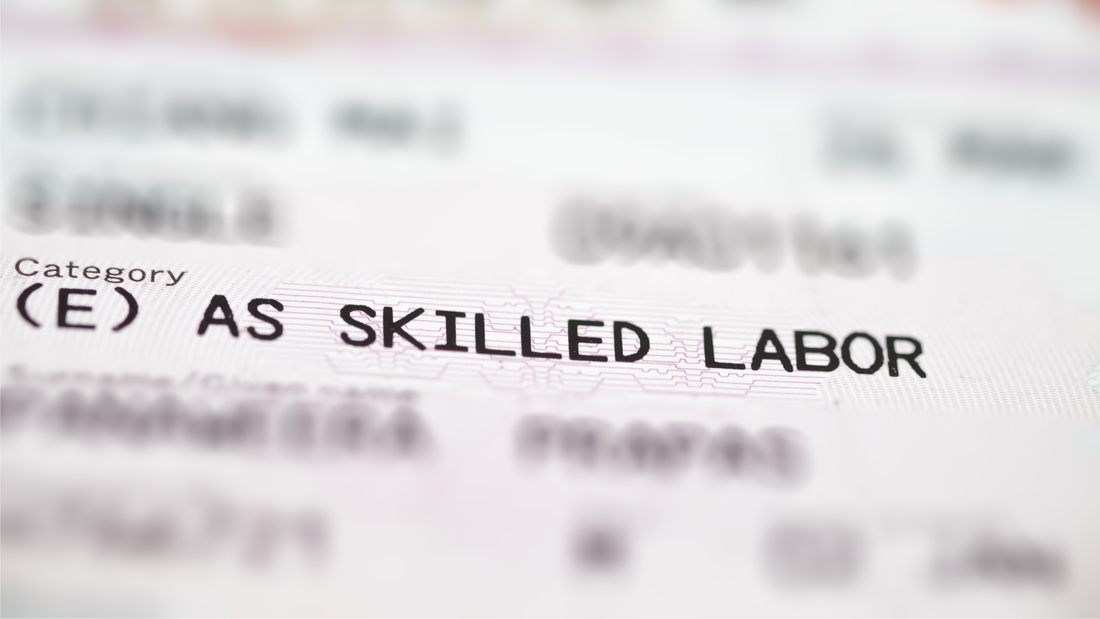4 Benefits of Joint Physical Custody
While having joint legal custody brings its own advantages, joint physical custody where each spouse has equal time with their children can be beneficial for both parents and children. Consult with a Miami divorce attorney to learn more about the custody options available because some divorce cases might only allow for joint legal custody. For divorce cases that can accommodate joint physical custody, here are some benefits to consider.
1. Children Live in Both Households
With joint physical custody, children are able to live with both parents for equal or almost equal amounts of time. This arrangement forges strong and healthy relationships with both their parents and allows children to stay connected with their extended families from both sides. Living with both parents reduces the fear of losing a parent as well as the feelings of rejection, loss, and conflict of loyalty some children experience after a divorce.
2. Discipline is a Team Effort
Since both parents get equal parenting time with their children, there is an opportunity for them to collaborate in creating house rules and enforcing consequences. With joint physical custody, both parents will be equally responsible for their children’s discipline. One parent will not be pitted against the other parent, one being the “disciplinarian parent” and the other being the “fun, part-time parent.” If both parents work together, a continuity in household rules can be established, providing consistency in children’s daily routines, as well as responsibilities.
3. Routine Schedules Good For Parents
Both parents will have to agree on a joint custody schedule that determines how parenting time will be divided between them. This schedule provides a set and predictable routine that both parents follow and can plan around. By knowing when their children will and will not be at their house, each parent can schedule their activities accordingly. Plan for family-centered activities during parenting time and plan for work activities, time with friends, or “me” time when the kids are not around.
4. Share Daily Costs of Raising Children
Costs for after school activities, toys, and school supplies might seem small, but they sure add up. But when parenting time is shared, both parents naturally end up sharing costs on these everyday items and expenses. On the other hand, large expenses should be handled according to the parental agreement.
If you are considering divorce, consult with an experienced Miami divorce attorney at Pimentel & Castillo to learn more about the process as well as custody options. Call our family law professionals today.





